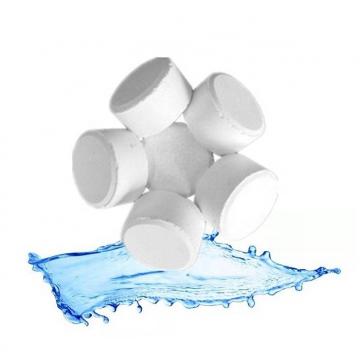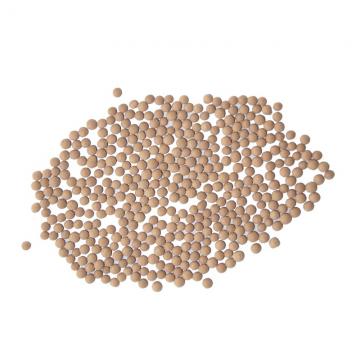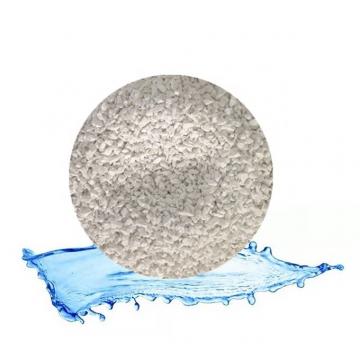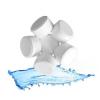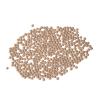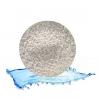Product Description
Trichloro-isocyanuric acid Chlorine Tablets has the functions of algaecide, deodorization, water purification and bleaching. It is widely used in swimming pool disinfection, drinking water disinfection, industrial water circulation treatment, food processing industry, food hygiene, aquaculture, daily chemical industry, Medical care, child care, epidemic prevention, garbage disposal, hotels, restaurants, and large-scale sterilization after natural disasters and human disasters, and prevention of infection.
Application Fields:
1.Purifying drinking water, sewage.
2.Industrial water purification, industrial wastewater, mining, oil field injection water, metallurgy, coal washing, leather and all kinds of chemical waste water treatment.
3.Industrial production: Paper sizing, dye printing, bleaching and dyeing, medicine and other industries.
4.In artificial coal industry, it is used for separating coal and water with excellent effect. In the oil refining industry, for oil and water separation.

Water chlorination - Wikipedia
Water chlorination is the process of adding chlorine or chlorine compounds such as sodium hypochlorite to water. ... In particular, chlorination is used to prevent the spread of waterborne diseases such as cholera, dysentery, and typhoid
Description of the Process - Chlorinated Drinking-Water
Prior to the successful widespread introduction of chlorination, water treatment techniques existed that included filtration, followed by chemical precipitation and
What is Chlorination? — Safe Drinking Water Foundation
Jan 23, 2017 - In order to combat waterborne diseases, different disinfection methods are used to inactivate pathogens. Along with other water treatment
Chlorination of Drinking Water - Water Research Center
Chlorination is effective against many pathogenic bacteria, but at normal dosage rates it does not kill all viruses, cysts, or worms. When combined with filtration,
Chlorination of Drinking Water - Water Research Center
Chlorination is effective against many pathogenic bacteria, but at normal dosage rates it does not kill all viruses, cysts, or worms. When combined with filtration,
Chlorination | Water Purification | Chlorine - WaterProfessionals
Typically, chlorine is added to public drinking water as the final stage of treatment, often following an upstream filtration step which removes sediment that can tie
What is Chlorination? — Safe Drinking Water Foundation
Jan 23, 2017 - In order to combat waterborne diseases, different disinfection methods are used to inactivate pathogens. Along with other water treatment
Water chlorination - Wikipedia
Water chlorination is the process of adding chlorine or chlorine compounds such as sodium hypochlorite to water. ... In particular, chlorination is used to prevent the spread of waterborne diseases such as cholera, dysentery, and typhoid
Description of the Process - Chlorinated Drinking-Water
Prior to the successful widespread introduction of chlorination, water treatment techniques existed that included filtration, followed by chemical precipitation and
Drinking Water Chlorination: A Review of Disinfection
During the treatment process, chlorine is added to drinking water as elemental chlorine (chlorine gas), sodium hypochlorite solution or dry calcium hypochlorite


